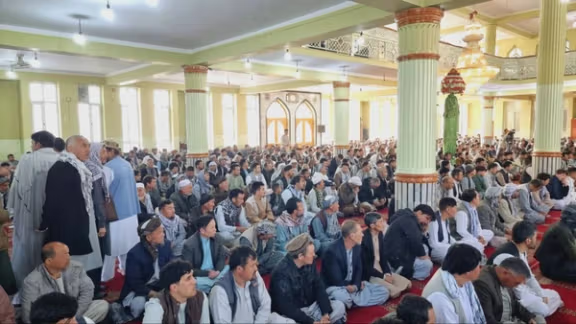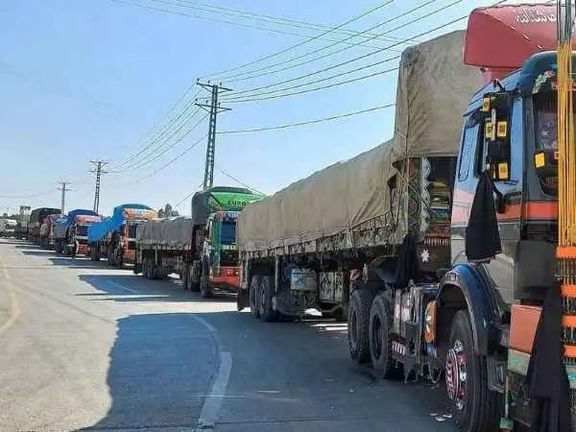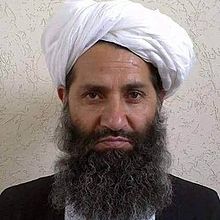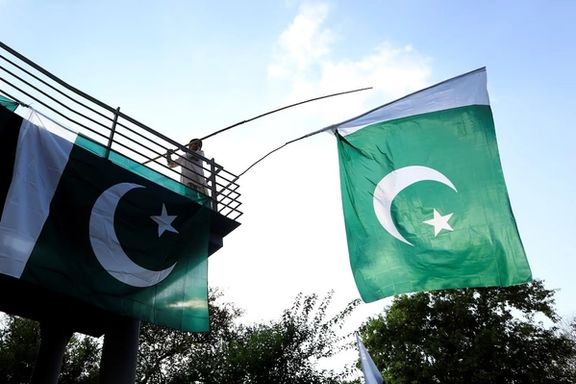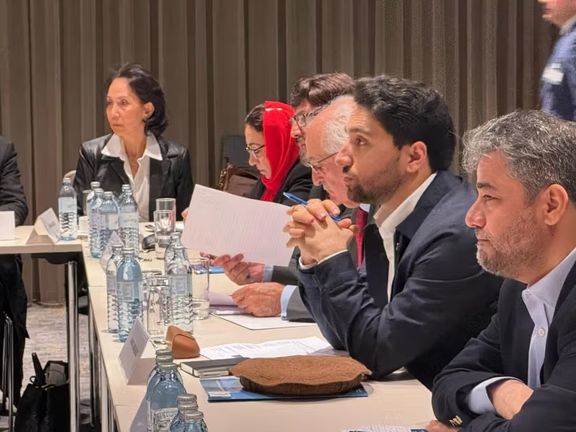In his Eid al-Fitr sermon on Sunday, delivered in Kandahar’s Eidgah mosque, Akhundzada declared that obedience to the leader is a religious obligation for all Muslims to ensure unity and maintain order.
“Now that there is a leader, everyone must obey him,” he said. “Otherwise, the country will head toward war.” He cited Afghanistan’s civil wars during the 1990s as a cautionary example, arguing that conflict occurred at that time because there was no single leader.
Rejects Laws of Former Government, Dismisses Democracy
In his 50-minute sermon, delivered in Pashto and shared via audio by Taliban spokesperson Zabihullah Mujahid on the social media platform X, Akhundzada firmly rejected the laws of the previous Afghan government. He stated that Afghanistan does not need Western-style laws or democracy, and that Islamic Sharia law is sufficient.
“We do not need laws rooted in the West,” he declared. “We will establish our own laws.” Akhundzada revealed that the Taliban’s Ministry of Justice and Supreme Court had submitted revised versions of previous legal codes for his approval, but he rejected them outright, calling them unacceptable.
He also announced that none of the articles from the former Afghan constitution would be recognised, and that the Taliban would draft a new legal framework aligned with their interpretation of Islamic principles.
Poverty Is God’s Will, Says Akhundzada
Akhundzada also addressed Afghanistan’s worsening economic crisis, attributing poverty to divine destiny. “God has written poverty in your fate—do not complain,” he said, arguing that those who are poor were created that way because God knew they would be patient.
“God created the poor knowing they would endure. A patient person says, ‘God has decided that I be poor, and I am content with His decision.’” He went on to say that no individual can change another’s economic condition, adding: “Don’t say poverty came from this person or that person. No one can do anything for you.”
Rising Poverty Amid Economic Collapse
These remarks come amid a deepening economic crisis in Afghanistan, where unemployment has soared and millions face severe hardship. While Akhundzada delivered his sermon, groups of women were seen sitting outside the mosque gates, begging for help—many of them affected by Taliban policies that have banned women from most forms of employment.
Critics argue that the Taliban leadership is using religious rhetoric to deflect responsibility for the country’s economic collapse. Since the group’s return to power in August 2021, job opportunities—especially for women—have drastically declined, and international aid has been significantly reduced due to the Taliban’s repressive policies.
The World Food Programme (WFP) recently reported that one in three Afghans goes to bed hungry. Observers say the Taliban’s leadership has failed to offer viable solutions to the economic crisis, instead attributing widespread poverty to fate.
